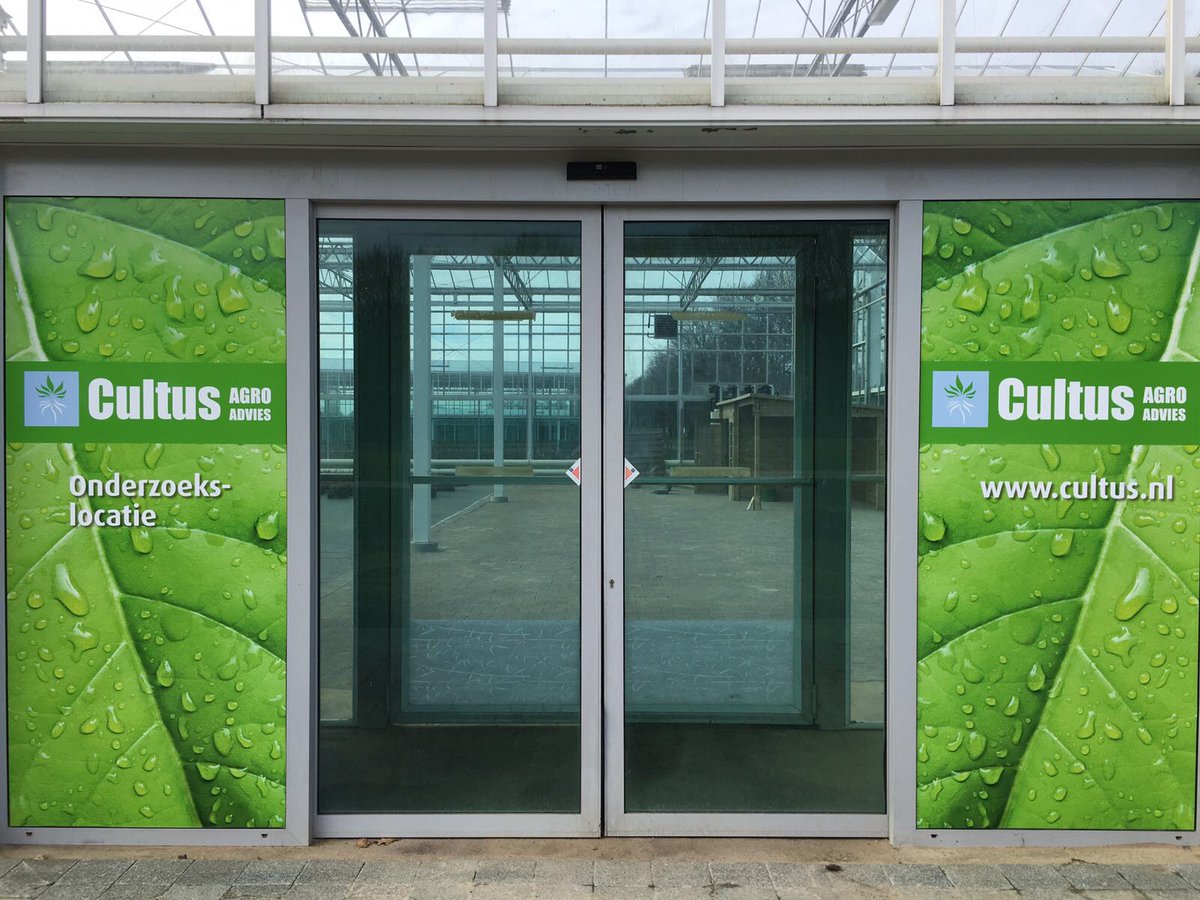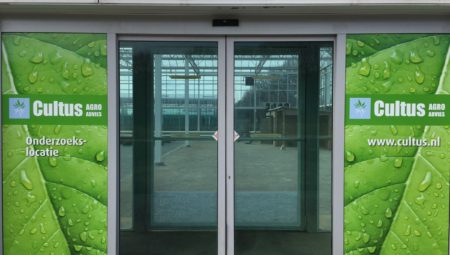BASCultus Agro Advies (CAA) forms part of the Vitelia cooperative and provides advice to the members of the cooperative: the core activity of the company. Van Wijk: ‘We also invest in research and innovation to keep the tree nursery sector and agricultural and horticultural sectors competitive.’ Some of that research is now taking place at Cultus Crop Research, a research station which is no less than 1,700 m2. This is where the colleagues of Van Wijk will investigate matters such as high-protein crops, components and more sustainable forms of crop protection.
‘I have noticed that the demand and volumes are the largest in the latter market. It is not surprising that major producers like Bayer, BASF and Syngenta are involved in the research. These multinationals present us with research issues, which we then work on at our research centre, albeit on a small scale. We also rent ground from farmers and nurserymen where we can scale up our tests.’
Nettles
One striking example of a crop protection project revolves around marigolds (tagetes). This plant contains an active substance (thiophene) against certain nematodes, (roundworms) which can harm plants. One way the nematodes do this is by using plants as an incubator for their offspring. ‘Marigolds come in a great many varieties, so the aim is to identify the most effective variant.’
The nettle is another plant on CAA’s radar, because it contains active components against thrips (editor’s note: parasitic insects) and aphids. ‘A mixture of nettles, water and sugar is a household recipe against aphids. We are looking for a means which can help farmers and nurserymen. There is considerable interest from the primary sector for more natural crop protection products, whereby “natural” does not have to mean they do not contain any toxins.’
This article was created in collaboration with Source B.



